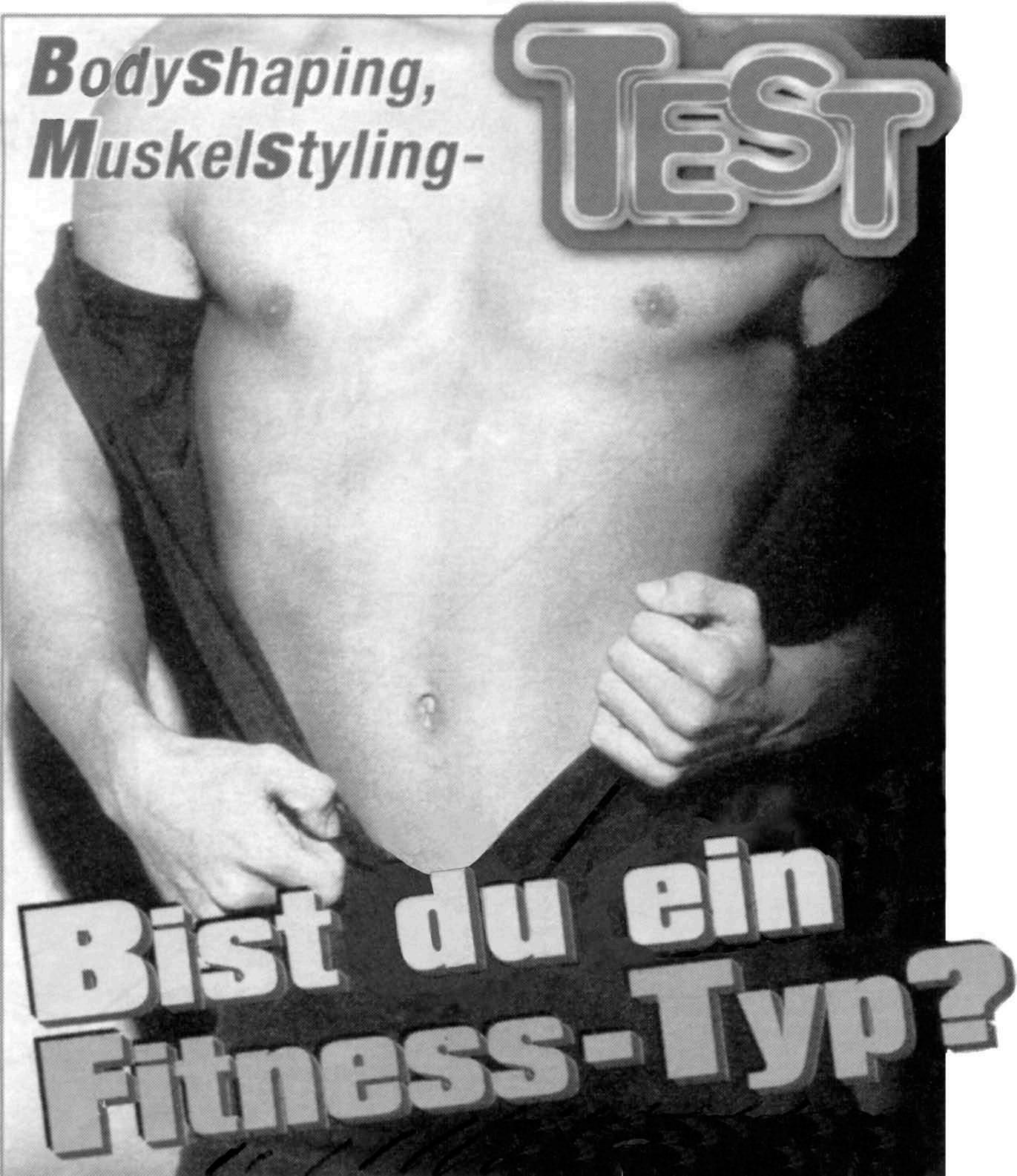7.11 Subjunctive II: conditional sentences
109
For other verbs, especially weak verbs, the CONDITIONAL form with würde plus the infinitive is usually preferred, especially in spoken German.
7.11 Subjunctive II: conditional sentences The main use of subjunctive II in German – in the spoken language as well as in writing – is to indicate unreal or hypothetical conditions, typically in conditional sentences with wenn (if): Wenn ich Zeit hätte, käme ich gern mit. If I had time I would gladly accompany you. Wenn wir Zeit hätten, könnten wir einen Ausflug machen. If we had time we could go on an excursion. Die Europäer wären erleichtert, wenn England wieder austreten würde. The Europeans would be relieved if England pulled out/were to pull out again. Wir würden es begrüßen, wenn Sie uns besuchen könnten. We would welcome it if you could visit us. Wenn ich im Lotto gewinnen würde, würde ich eine Villa in Italien kaufen. If I won/were to win the jackpot, I would buy a villa in Italy.
In German, forms of subjunctive II are used in both the if-clause and the main clause. Either the past subjunctive or the conditional form can be used in either clause, depending on the verb used (i.e. the ‘past subjunctive’ with common verbs, the ‘conditional’ with less common, or weak verbs, as explained above).
To express a hypothetical possibility in the past, the pluperfect subjunctive is used: Wenn wir schneller gefahren wären, hätten wir die Fähre erreicht. Wenn sie den Zug verpasst hätte, hätte sie uns sicher angerufen.
If we had driven faster we would have reached the ferry. If she had missed the train she would certainly have called us.
Generally, subjunctive II is used to show that the condition is unreal or hypothetical, though conditional sentences may take other forms, like those below.
Wenn can be omitted: Hätte ich Zeit, (so) käme ich gern mit. Wäre Rotkäppchen zu Hause geblieben, (so) hätte der Wolf es nicht gefressen.
If I had time, I’d love to come with you. If Little Red Riding Hood had stayed at home, the wolf would not have eaten her.










